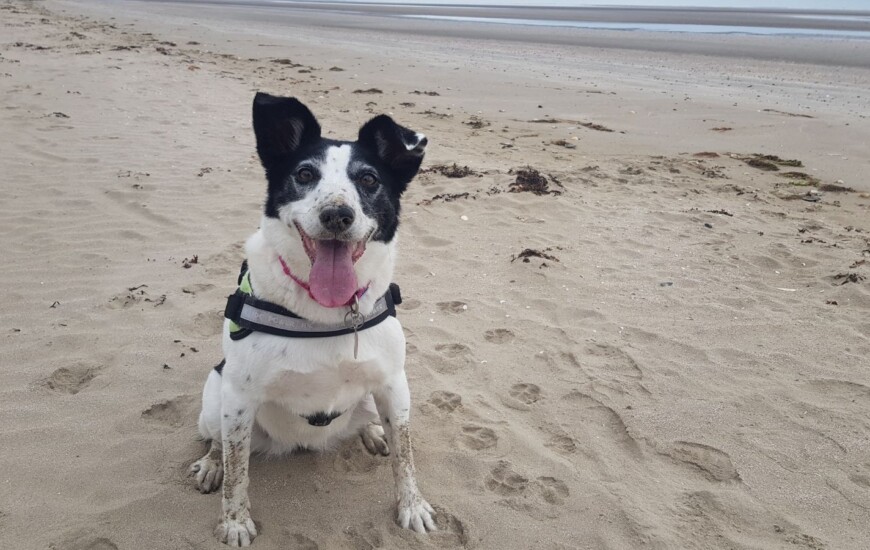Dog poo contaminating bathing waters, says Dublin City Council
Gary Ibbotson 29 Apr 2022
Dog owners in Dublin may be facing more stringent rules about walking their pets on beaches this summer after laboratory tests found that dog faeces was the most common contaminant in local bathing waters.
In a report presented to Dublin City councillors, Emma Finlay, a senior executive engineer with the council’s environmental protection division said dog faeces was “most frequently detected and quantified faeces marker and at times reached very high levels.”
This was according to laboratory analysis of the bacteria found in seawater samples at Dublin beaches over the course of 2021.
“Dog faeces is a lot more potent than any other type and it can really have a big impact in a small area,” Finlay’s report said.
“One dog foul can contaminate a water body the size of a tennis court.”
The tests studied the presence of genetic markers for human, bird and dog waste in bathing waters which found a strong prevalence of dog faeces, the report said.
“While we knew the pressures of humans, dogs and gulls we didn’t know the true extent of each,” Finlay said.
“Dog fouling has been highlighted as the major issue and has led the steer of our ship this bathing season to challenge that,” she said.
“Unlike other bathing water challenges and pressures, dog fouling can be easily remediated by simply picking up after the dog.”
The environmental section was exploring ways to reduce the presence of dog faeces in bathing waters, Finlay said, but admitted that it would be a challenge.
“We are looking to increase dog warden patrols at the beaches,” she said.
However, this required a “smoking gun” of catching dog owners in the act of not picking up after their pet.
“The beach is a place where people let dogs off the lead and might not necessarily be aware their dog has gone to the bathroom,” she said.
More signage warning owners to pick up after their dogs will be placed at popular bathing spots in the coming months in addition to the roll out of an educational campaign explaining the dangers of not picking up dog poo.
The section was also examining the council’s bylaws to see if there was a way of “improving dog restrictions on beaches”.
“It is a behavioural change we need to address with dog owners,” Finlay said.
The council aims to have most of these measures in place before the beginning of bathing season which starts on June 1.
Earlier this year, An Taisce told local councils that they needed to keep dogs off Blue Flag beaches during the bathing season if they wanted to retain the EU allocated award.
Portmarnock’s Velvet Strand, Seapoint in Dun Laoghaire and Killiney beach were the only beaches in Dublin to be awarded the prestigious Blue Flag last year.











